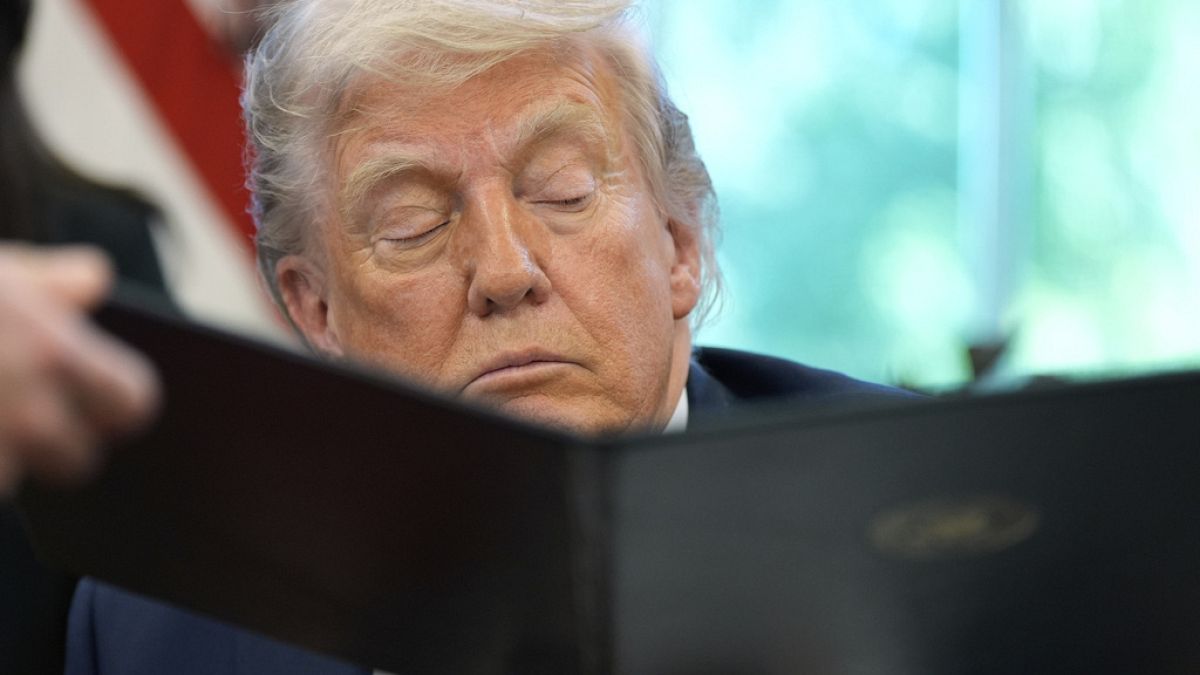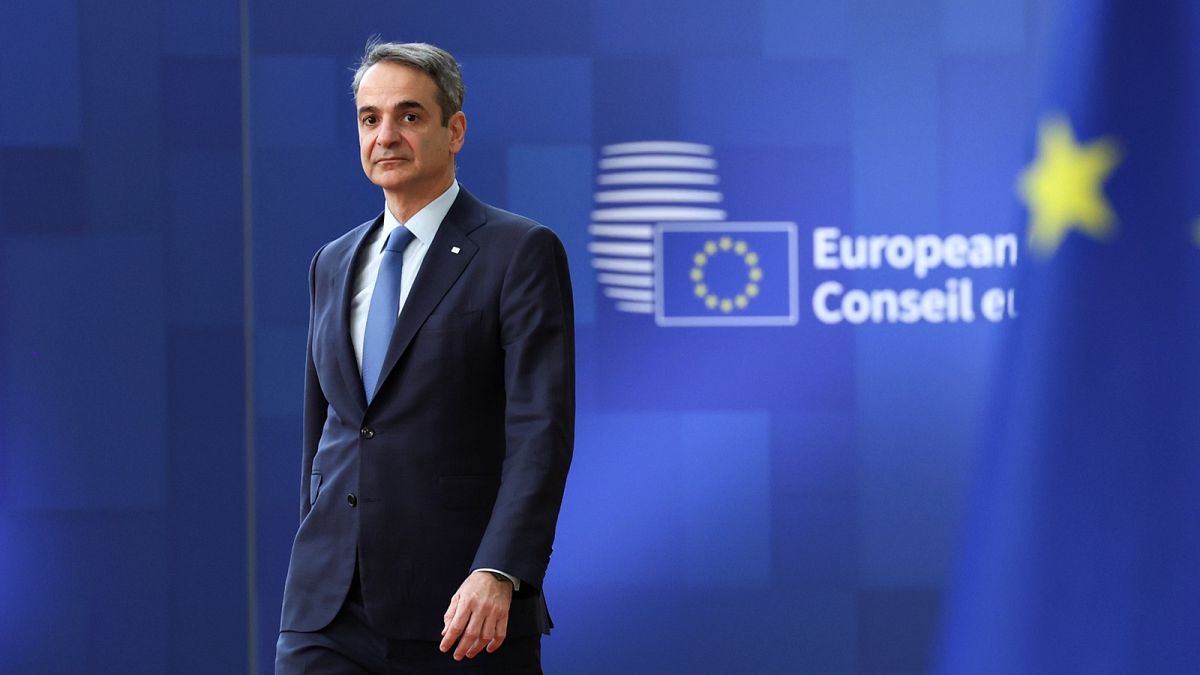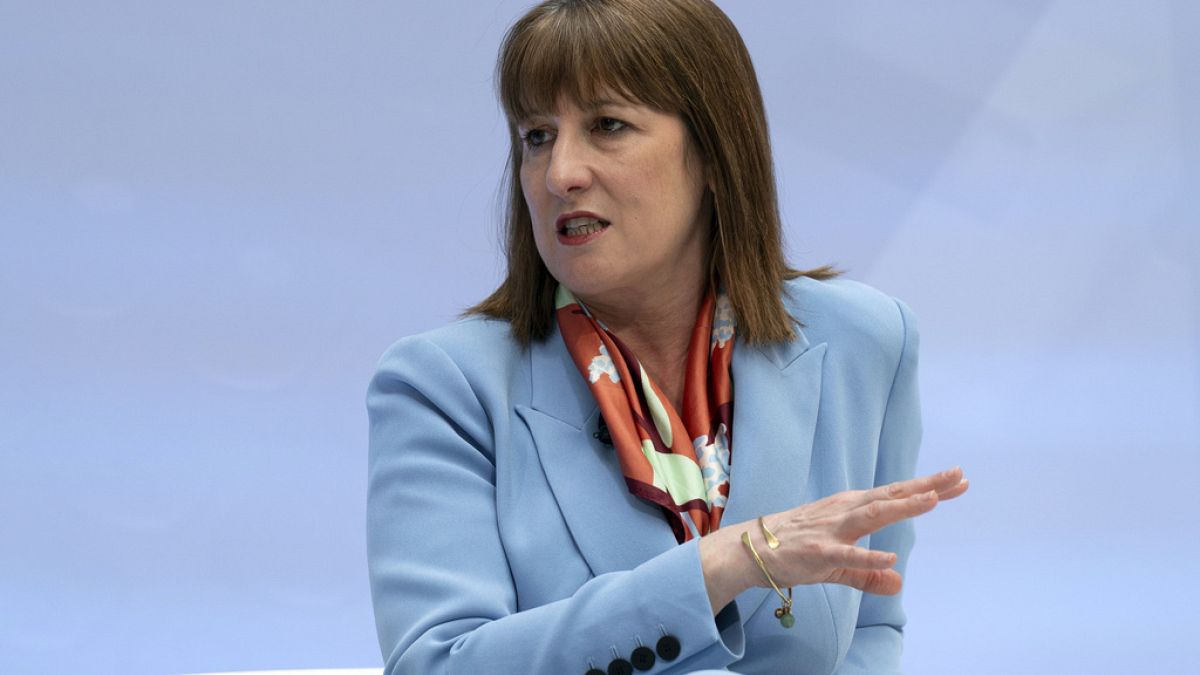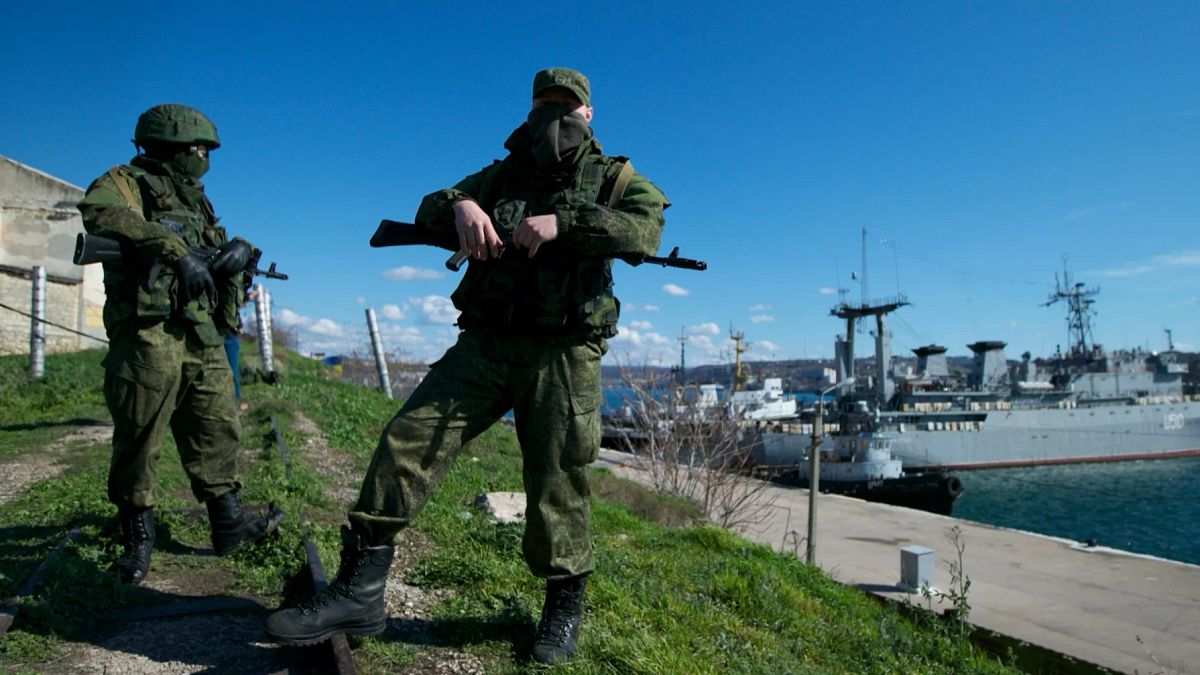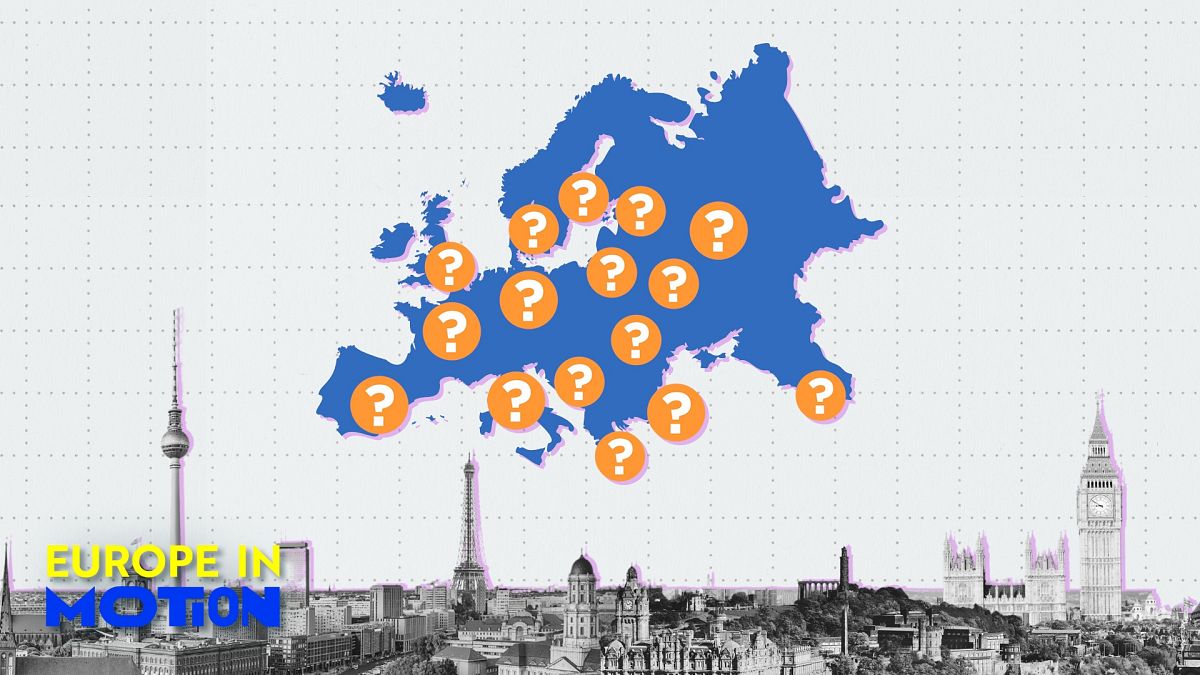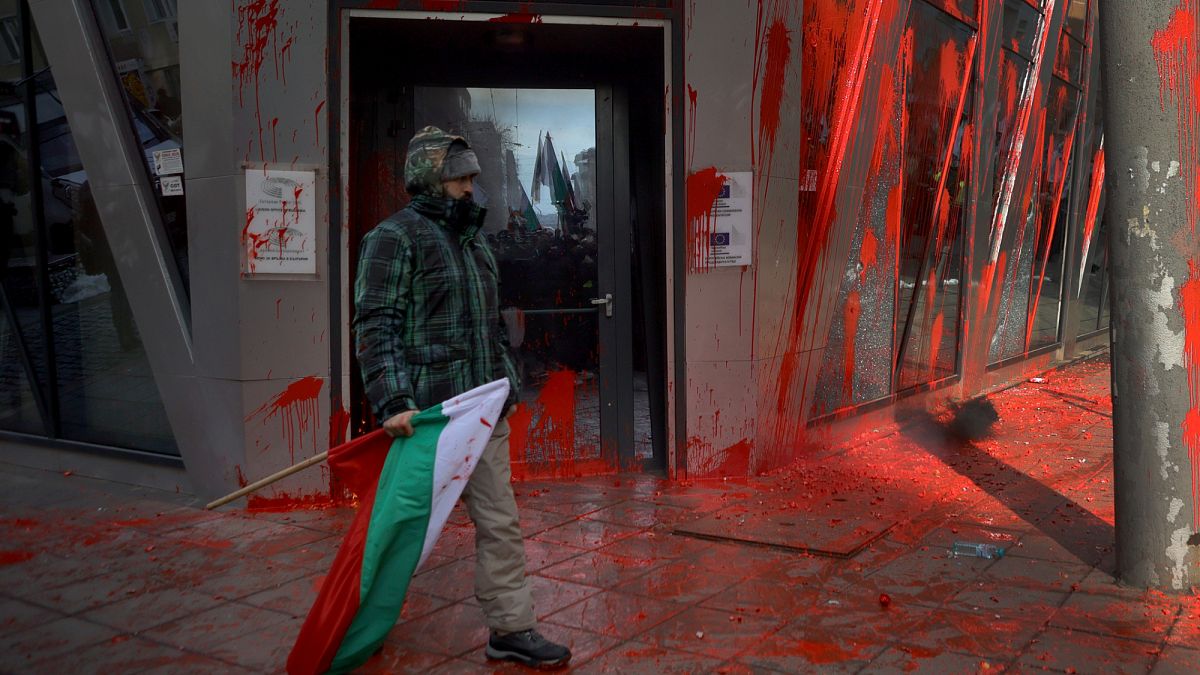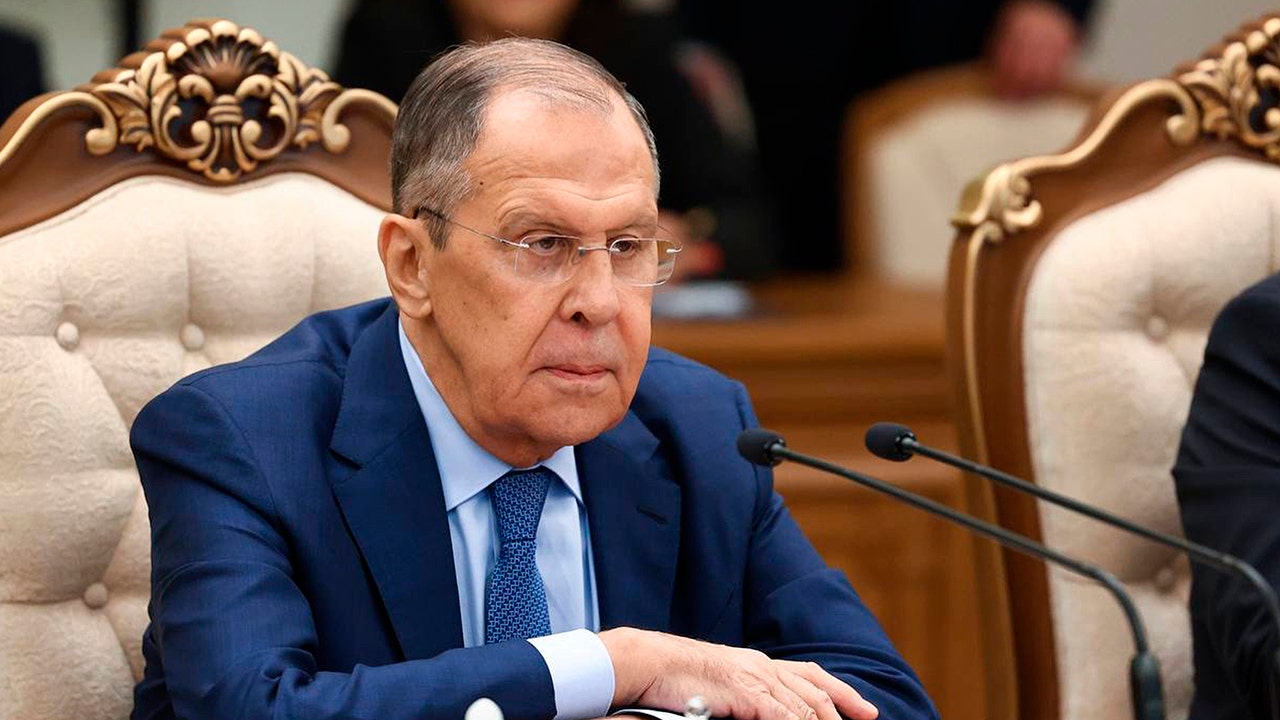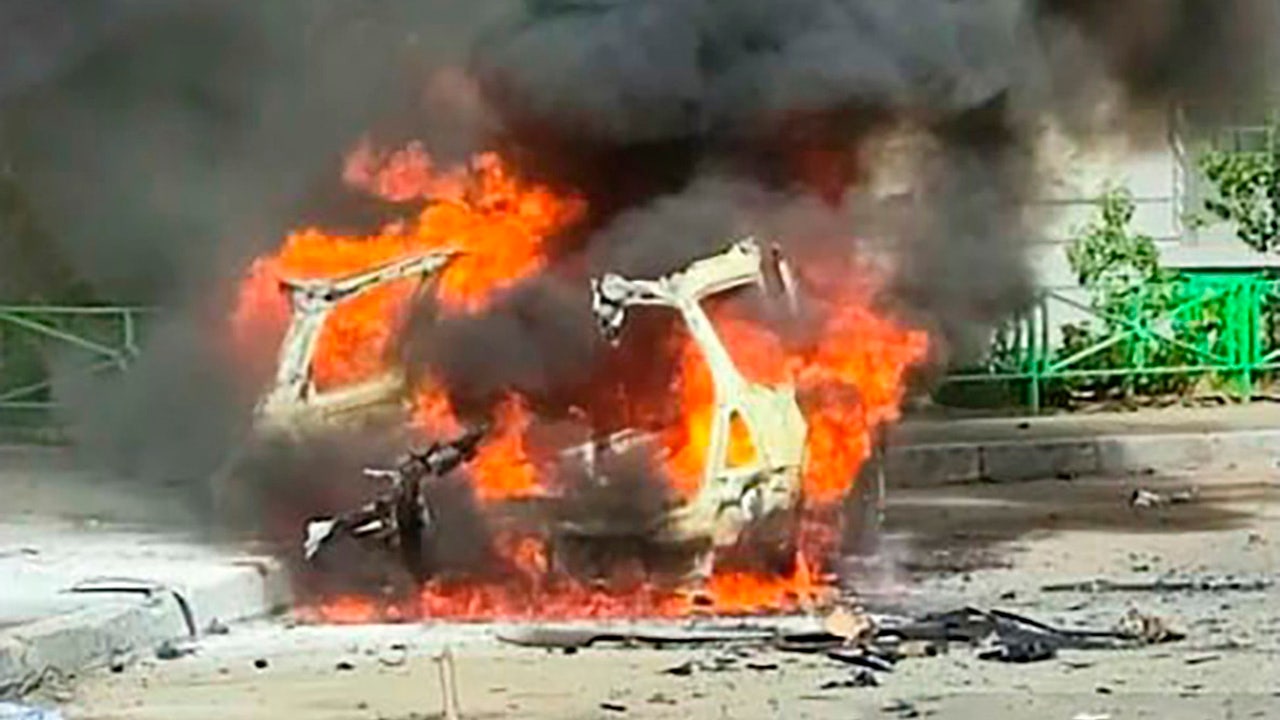A cross-party group of members of the European Parliament has penned a joint letter urging Greek Prime Minister Kyriakos Mitsotakis to take “all necessary measures” to block new sales of Greek-owned vessels to Russia, warning these transactions are helping the Kremlin sustain its shadow fleet and bypass the G7 price cap on oil.
The MEPs also demand further measures to curb ship-to-ship transfers, a technique used to conceal the provenance of the merchandise, and to discourage Greek companies from transporting Russian oil.
The letter was endorsed by 36 lawmakers from different countries and political parties and sent to the prime minister’s office on Friday.
“These actions are critical not only to curtail Russia’s financial means to continue its war against Ukraine, but also to prevent environmental and security threats, to which your country, as a maritime nation, has already been directly exposed,” the MEPs write.
“We expect concrete results.”
The lawmakers cite a recent study by Brookings, an American think tank, showing that more than half of the ships used by Russia’s shadow fleet come from Western European owners, with Greece being “by far the most frequent sellers”. The findings are consistent with a previous study by the European Parliament’s research service.
“Such irresponsible actions, aimed at financial gain, not only directly contribute to the suffering of the Ukrainian people, but also undermine European and Greek security, including causing environmental hazards,” said Petras Auštrevičius, the Lithuanian liberal lawmaker who promoted the joint letter.
The office of Kyriakos Mitsotakis did not immediately react to the letter.
A spokesperson said: “The Greek authorities are doing everything to ensure compliance with the sanctions and to prevent any circumvention of the sanctions in their territory.”
Greece, a coastal country with a powerful maritime industry, has been under scrutiny for the role it has traditionally played in the trade of Russian fossil fuels. While this activity has significantly wound down due to EU sanctions, it has not completely disappeared. As of today, member states are still allowed to purchase Russian LNG.
A fleet hard to catch
The so-called shadow fleet refers to vessels that the Kremlin employs to circumvent the price cap on Russian oil that Western allies have imposed to curtail its financing of the full-scale invasion of Ukraine. International sales of oil and gas are the most important sources of revenue for Moscow’s budget.
The fleet consists of old, uninsured tankers that conduct deceptive practices, including transmitting falsified data, turning off transponders to become invisible and conducting multiple ship-to-ship transfers to conceal the origin of their oil barrels. By doing so, the vessels can escape the control of the G7 and therefore the price cap.
Political pressure to crack down on the fleet has increased over time after a series of incidents in the Baltic Sea, where the Russian-operated vessels were accused of carrying out sabotage against undersea cables.
Across several packages of sanctions, the EU has blacklisted 153 ships belonging to the shadow fleet. All of them are denied access to EU ports and EU services.
“We are constantly analysing data and proposals from member states for possible future listings of vessels,” an EU spokesperson said on Friday, adding that any additional listing would have to be approved unanimously by the Council.
The designation is expected to continue in the next round of restrictions, which is already in the making and could be presented to foreign ministers in May.
Despite the broad range of sanctions, the bloc has not introduced a straightforward ban on the sale or ownership transfer of tankers to Russia. Instead, EU companies and individuals are compelled to notify these transactions if the potential buyer is connected to Russia. The sale is prohibited unless the national authority gives authorisation.
“The designation system that we’ve put in place makes the vessels far less attractive even on the international market, so this increases the cost for Russia to use these vessels, and it means that they can’t operate in their normal business as usual way,” the same EU spokesperson said.
Read the full article here





